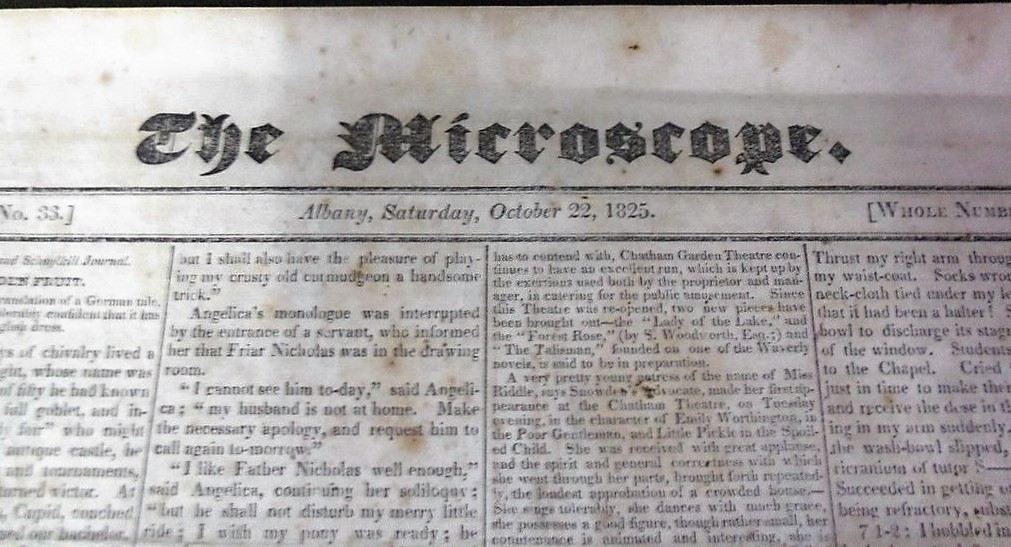Names of Families in Russell County Wills, Estates, Deeds
Just How Primitive were the Ancient Civilizations?
Is it remarkable how people lived a hundred years ago, without indoor plumbing, running water, a/c, etc.? Does this stand out in our thoughts as the backwoods, a primitive lifestyle? And, in the future, will our descendants think of the 21st century as another period of lackluster? Yet, excavations on a Greek Island known as Crete reveal indoor plumbing as far back as the 5th century B. C. Further excavations all over the world reveal some pretty astounding facts concerning our ancestors. More and more we learn that they were not so primitive after all. Apparently, much history was lost over the ages and mankind is simply “relearning” some ancient crafts.

Dutch Merchant Ship in the Poldark Series was a Real Vessel
John C. Calhoun
The Children Need to Hear Family Stories
Russell County Kentucky Genealogy Records Available to Members
Russell County Probate Records available to members of Kentucky Pioneers
Indexes to Probate Records
- Index to Will Book A
Miscellaneous Wills and Estates
- Bernard, Allen
- Bernard, Charles
- Cook, Emory
- Flowers, Rebecca
- Knight, Elsy
- Knight, Posey
- Long, Edward
- Smith, William
- Stapp, William
- Stephens, William Sr.
- Turner, Richard
- Wilson, Moses
- Wilson, Thomas
- Wilson, Thomas Sr.
- Wooldridge, Richard
Magazines and Periodicals for Kentucky

The Literary Pamphleteer magazine was born and died in Paris, Kentucky in 1823. The following year, Thomas T. Skillman established The Western Luminary at Lexington. This was a semi-religious journal, but its publication was shortly suspended.
The Microscope seems to have been the first magazine published at Louisville, it being founded in 1824, but its life was ephemeral.
Under a half a dozen different names, with many lapses between the miles, The Transylvanian, which Professor Thomas Johnson Matthews of Transylvania University established at Lexington in 1829, has survived until the present time. It is now the literary magazine of Transylvania University. Mr. James Lane Allen, Mr. Frank Waller Allen, and one or two other well-known Kentucky writers saw their earliest essays and stories first published in The Transylvanian.
The Lexington Literary Journal published by John Clark twice a week, was founded in 1833.
The Louisville Literary News-Letter, edited by Edmund Flagg and issued by George D. Prentice, was current in the Kentucky metropolis from December 1838 to November of 1840.
Far and away the most famous literary periodical ever published in Kentucky, was The Western Messenger, founded at Cincinnati in 1835, and removed to Louisville in April of 1836. James Freeman Clarke (1810-1888), the noted Boston Unitarian preacher and author, was editor, publisher, and agent of The Messenger while it was in Louisville. Ralph Waldo Emerson first appeared as a poet in the magazine of his friend. His Goodby Proud World, The Rhodora, The Humble Bee, and several of his other now noted poems, were printed for the first time in The Messenger. Clarke also published papers from the hands of Hawthorne, Oliver Wendell Holmes, William Ellery Channing, Margaret Fuller, and nearly all of the writers now grouped as the New England school. He printed a poem by John Keats, which had never been previously published, the manuscript of which was furnished by George Keats, brother of the poet, who lived in Louisville for many years. Clarke later wrote an interesting sketch of George Keats for his magazine. During parts of the four years, he published The Messenger at Louisville he had as assistant editors Christopher P. Cranch and Samuel Osgood, now well-known names in American letters. Clarke returned to Boston in 1840 and The Messenger returned to Cincinnati where it was suspended in April of 1841.
Thirteen years after The Western Messenger left Louisville, The Western Literary Magazine, a monthly publication, was begun; and three years later, or in 1856, The Louisville Review, another monthly, was established.
The Southern Bivouac, which was conducted at Louisville for several years by General Basil W. Duke and Richard W. Knott.
The Illustrated Kentuckian, founded at Lexington in 1892.
The Southern Magazine of Louisville, published papers by Mr. Allen, stories by Mr. John Fox, Jr., and several other now well-known writers; and the Midland Reviewpublished by Charles J. O’Malley ran for some time.